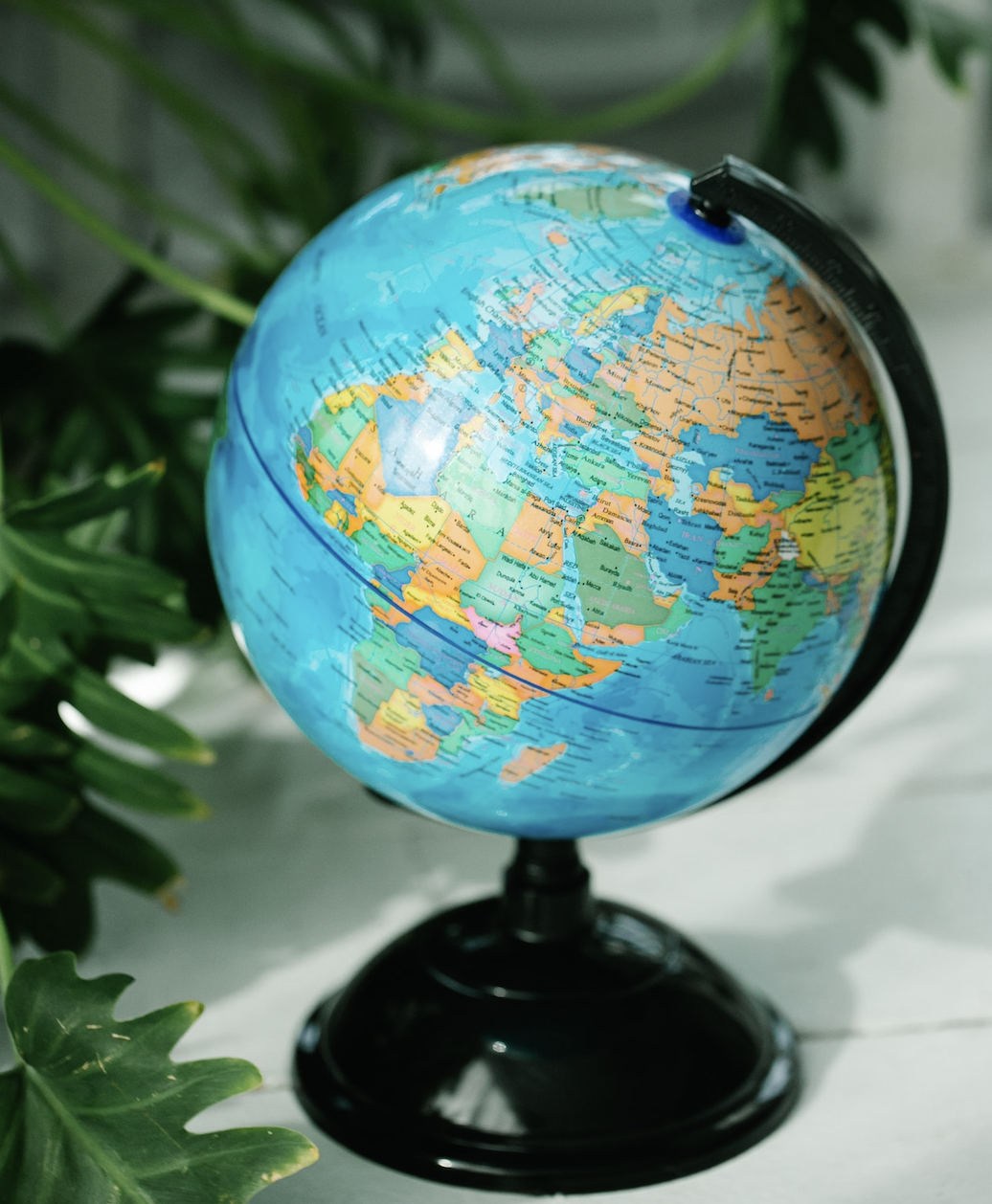
Let's Not Oversimplify Our Views
What makes a dictator? A friend asked me what diagnosis I would give to people like Hitler, Stalin, and, yes, Putin. He asked if they were "narcissists." I explained that one can't just label them with a diagnosis, and especially, one can't assume that they are all very similar. Each is a unique individual, with his own unique background and upbringing, just as we all have had.
My friend was also thinking of them as though they were just a few out of the many millions on our planet. I explained that there are many people who might have the same ambition, and that the outcome would also depend on a person's particular skills, and on happening to be in the right place at the right time.
An Example
I have just begun reading The Man Without a Face: The Unlikely Rise of Vladimir Putin by Masha Gessen, a Russian-American journalist (published some years ago). I have learned that, early in his career, unlike others in his milieu, he refused to take bribes; and that despite his wealth, he lived modestly. He was elevated to president after Yeltsin (engineered by those around Yeltsin), plucked out of obscurity, because there didn't seem to be anybody else available. These pieces of information were at odds with my previous expectation for what he would be like. A complex man. Not one to be categorized by a simple diagnosis.
What Can We Do About This?
In this time of danger, with a momentous shift in the international scene, is there anything we can do to affect the outcome? For starters, we can learn as much as we can about it. Our increased knowledge will better inform our opinions and decisions. And the richness of our knowledge will give us pleasure in and of itself.